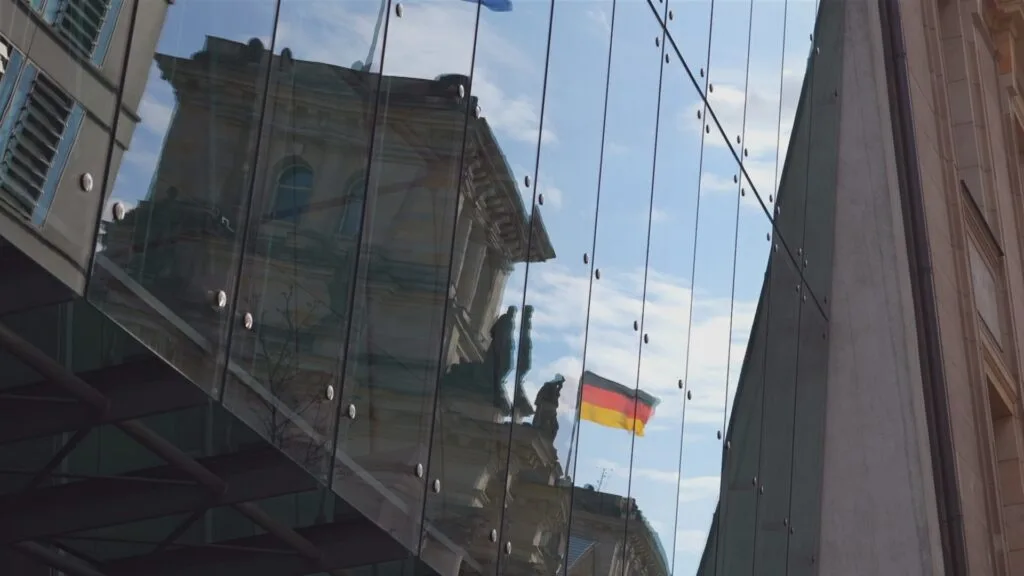Investigating the Rise of the Far Right in Germany

August 15, 2024
In recent EU elections, far-right parties made major gains across the continent, including Germany’s AfD party.
FRONTLINE correspondent Evan Williams has been reporting on the rise of the far-right in Germany for years. In 2021, he examined a wave of violence targeting Jews, Muslims, immigrants, and politicians in FRONTLINE’s documentary Germany’s Neo-Nazis and the Far Right.
He returned to the country this year to report Germany’s Enemy Within, a deep look at the rise of the far-right AfD party and its vision for the country, ahead of state elections in September.
“What we noticed over the past few years was the increasing power and strength and popularity of the organized far right — what’s called the ‘new right’ in Germany, in politics,” he told FRONTLINE editor-in-chief and executive producer Raney-Aronson Rath.
Germany’s Enemy Within is streaming on FRONTLINE’s website, FRONTLINE’s YouTube Channel, and the PBS App.
Latest Documentaries
Explore
Policies
Teacher Center
Funding for FRONTLINE is provided through the support of PBS viewers and by the Corporation for Public Broadcasting, with major support from Ford Foundation. Additional funding is provided the Abrams Foundation, Park Foundation, John D. and Catherine T. MacArthur Foundation, Heising-Simons Foundation, and the FRONTLINE Trust, with major support from Jon and Jo Ann Hagler on behalf of the Jon L. Hagler Foundation, and additional support from Koo and Patricia Yuen. FRONTLINE is a registered trademark of WGBH Educational Foundation. Web Site Copyright ©1995-2025 WGBH Educational Foundation. PBS is a 501(c)(3) not-for-profit organization.



















